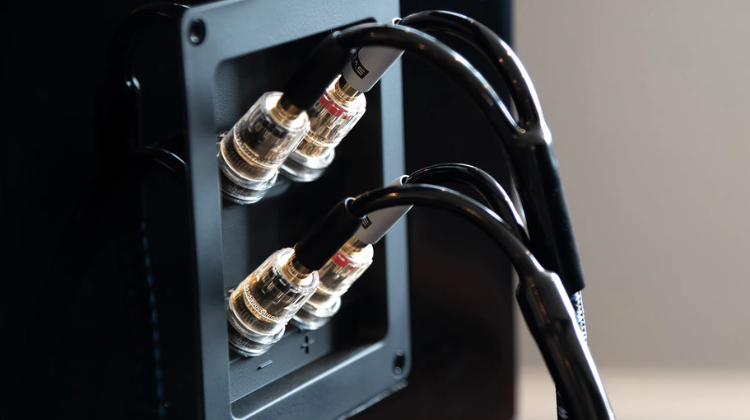When it comes to audio equipment, every detail matters. Many audiophiles debate the impact of speaker cables on sound quality. Some believe that cable type can enhance or hinder audio performance. Others argue that the differences are negligible.
In this blog post, we will explore the various types of speaker cables. We’ll examine their potential effects on sound quality. By the end, you’ll have a clearer understanding of what truly matters for your listening experience.
To begin, it’s essential to recognize that speaker cables come in a variety of materials, gauges, and designs, each contributing to their overall performance. Copper is the most common material used due to its excellent conductivity,
while oxygen-free copper is often preferred for its reduced oxidation and improved longevity. The gauge of the cable also plays a critical role; thicker cables (lower gauge numbers) can transmit more power over longer distances with less resistance, which can make a noticeable difference in sound quality, especially in larger setups.
Additionally, cable design, including features like shielding and insulation, can affect interference and signal degradation, ultimately impacting your audio experience. By understanding these factors, you can make more informed choices when selecting speaker cables that suit your listening preferences and equipment. Do different Types of Speaker Cables Affect Sound Quality?

